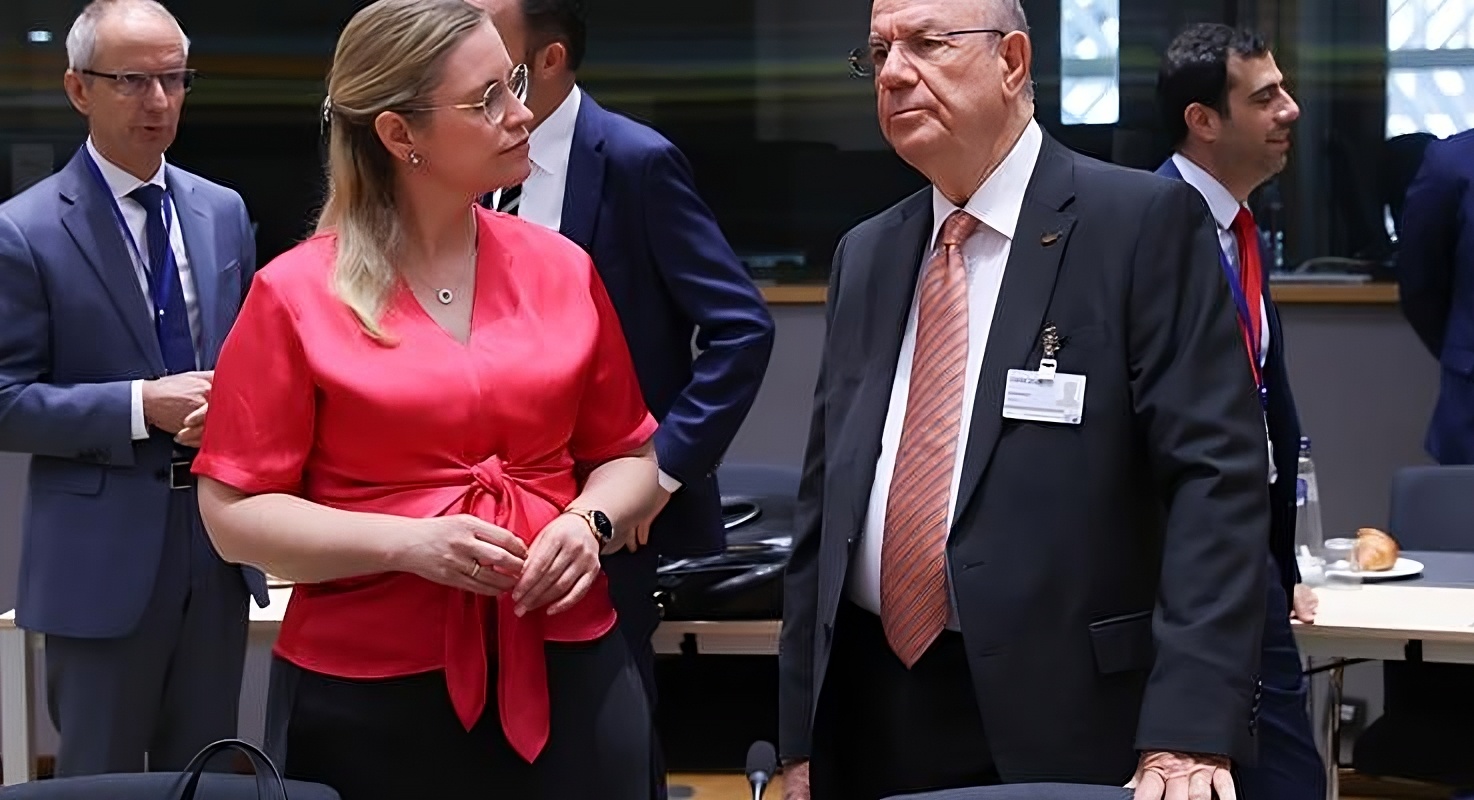Alarming Rise in AI Deepfake Scams: Impersonating Financial Experts to Fleece Investors in Singapore

Singaporean investors are facing a rapidly escalating threat: sophisticated AI deepfake scams where fraudsters impersonate respected financial experts to steal millions. These scams, primarily spreading through popular social media platforms like WhatsApp and Facebook, are proving incredibly difficult to combat, even for genuine financial professionals.
The Deepfake Deception: How it Works
The perpetrators are leveraging advanced Artificial Intelligence (AI) technology to create remarkably realistic deepfakes – videos and audio recordings that convincingly mimic the appearance and voice of established financial figures. These fake personas are then used to build trust with potential victims, often through targeted social media campaigns promising lucrative investment opportunities or exclusive financial advice.
Victims are lured in by the seemingly credible nature of the impersonators, believing they are receiving guidance from a trusted source. The fraudsters exploit this trust to solicit funds, often under the guise of urgent investment needs or limited-time offers. Once the money is transferred, it vanishes, leaving victims with devastating financial losses.
Why Singapore is a Target
Singapore's robust financial sector and high rates of social media usage make it a prime target for these types of scams. The nation's reputation as a financial hub attracts both legitimate investors and opportunistic fraudsters. Furthermore, the widespread adoption of messaging apps like WhatsApp facilitates the rapid dissemination of these deceptive schemes.
The Challenge for Financial Professionals
The alarming rise of these deepfake scams presents a significant challenge for legitimate financial professionals. They are witnessing their reputations being tarnished and their clients being targeted by sophisticated impersonators. While they actively work to warn the public and educate investors about the risks, the sheer speed and scale of these scams make it difficult to effectively counter them.
“It's incredibly frustrating,” says Sarah Lim, a certified financial planner in Singapore. “We spend years building trust and credibility, and then someone can create a fake video in minutes that undermines everything we’ve worked for. The technology is simply outpacing our ability to respond.”
Protecting Yourself: Red Flags and Precautions
Here’s what Singaporean investors can do to protect themselves:
- Verify, Verify, Verify: Never blindly trust investment advice received through social media. Always independently verify the identity of the financial expert through official channels (e.g., their company website, professional licensing bodies).
- Be Wary of Urgency: Scammers often create a sense of urgency to pressure victims into making hasty decisions. Take your time and carefully consider any investment opportunity.
- Question Unrealistic Returns: If an investment opportunity promises exceptionally high returns with little risk, it’s likely a scam.
- Report Suspicious Activity: Report any suspected scams to the Singapore Police Force and the Monetary Authority of Singapore (MAS).
- Enable Two-Factor Authentication: Secure your social media accounts with two-factor authentication to prevent unauthorized access.
The Future of Scam Prevention
Combating AI deepfake scams requires a multi-faceted approach involving technological advancements, enhanced regulatory oversight, and increased public awareness. Financial institutions and social media platforms are exploring AI-powered detection tools to identify and remove deepfake content. Furthermore, stricter regulations are needed to hold perpetrators accountable and deter future scams.
Ultimately, the responsibility lies with investors to remain vigilant and skeptical. By understanding the tactics employed by scammers and taking proactive steps to protect themselves, Singaporean investors can mitigate the risk of falling victim to these increasingly sophisticated schemes.






